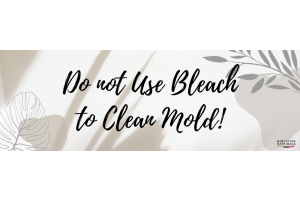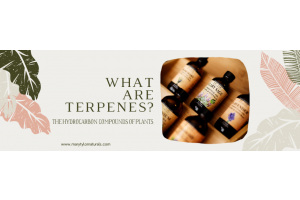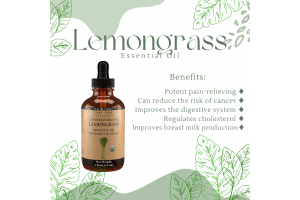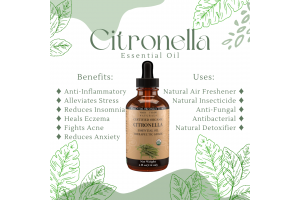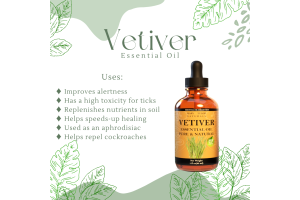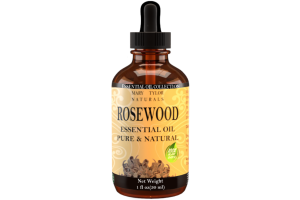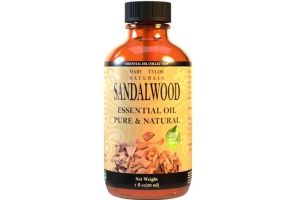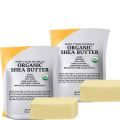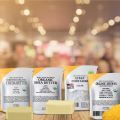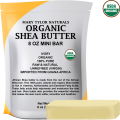Essential Oils: Are They Safe for Kids and Pets?
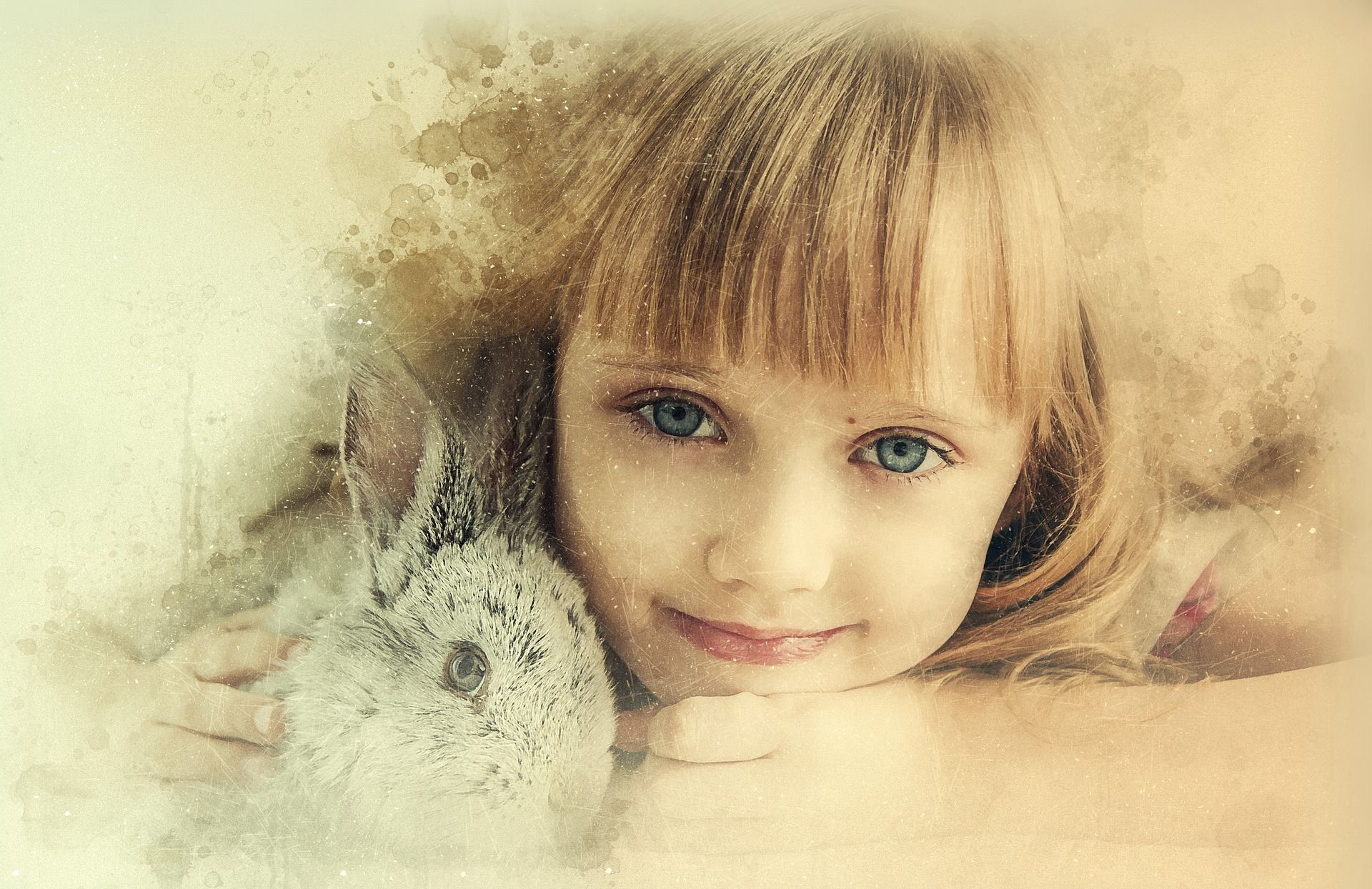
Essential Oils: Are They Safe for Kids and Pets?
Essential oils have been scientifically researched to trigger your body’s olfactory senses, which improves circulation and can help you feel calmer and improve your general feeling of wellness. There are hundreds of essential oil options, blends and remedies for just about every ailment. A holistic health practitioner or aromatherapist can help guide you to choosing the right oils to improve your well-being. Essential oils can be applied in various different ways and some can even be taken internally for medicinal purposes. But it is important to understand the risks and benefits of any natural remedy. Be sure you check with your doctor before you start using essential oils. This article discusses what you need to know about safe essential oil use regarding children and pets.
Are essential oils safe for children?
According to the director of Integrative Medicine at Sibley Memorial Hospital, Dr. Harpreet Gujral, DNP, FNP-BC and the medical director of the Pediatric and Adolescent Medicine Clinics in the Johns Hopkins Hospital, Dr. Rachel Dawkins, M.D. advised that essential oils should not be used on young children in undiluted forms and also stated that children may be more sensitive to essential oils than adults are.
Guidelines for pediatric use of essential oils:
- Perform a “patch test” on your child before liberally applying essential oils to young children. To perform a patch test- Apply a small amount of essential oil diluted with a safe, pure carrier oil to your child’s skin to test their reaction. If any discomfort or reaction occurs, discontinue use immediately and report the reaction to their pediatrician.
- It is not recommended that children take essential oils internally.
- Do not use peppermint or eucalyptus oils on children less than 3 years old. These essential oils have been shown to possibly increase the risk for pediatric and infantile seizures.
- Do not apply essential oils without first diluting them. Recommended dilution percentages can range from 0.5-2.5% depending on the condition and the age/weight of the child. Oils can be diluted in hypoallergenic lotions, creams and carrier oils such as olive oil, sunflower oil, avocado oil and jojoba oil.
- Diffusing essential oils is considered generally safe with the exception of cinnamon and eucalyptus oils which can cause issues in babies and children under the age of 5.
When choosing an essential oil for use on your child, be sure that you choose a high quality product that is pure and not filled with other ingredients.
Are Essential Oils safe for Animals?
Not all essential oils are toxic to animals, though some are! It is important to note that cats and dogs have a much more sensitive sense of smell than humans, so aromatherapy and diffuser use may be irritating for your animals. Pay attention to your animal’s behavior if they seem irritated by certain essential oil aromas.
When applying essential oils to pets, never apply without diluting with a pure carrier oil. Animal coats can develop irritation, sores or reactions if applied improperly.
Pet Toxic Essential Oils:
Cinnamon
Pennyroyal
Peppermint
Pine
Sweet birch
Tea tree (Melaleuca)
Wintergreen
Ylang ylang
Anise
Clove
Thyme
Juniper
Yarrow
Garlic
Symptoms of Toxic Exposure in Pets:
Agitation
Diarrhea
Difficulty breathing
Drooling
Fatigue
Muscle tremors
Pawing
Runny eyes/nose
Sneezing
Vomiting
Weakness
We all want the best for our furry friends and kids, so please be vigilant of what they are exposed to. Animals and children are sensitive to chemicals just as adults are. Using natural products and limiting toxic exposure is the best option for a healthy life for both you, your children and your pets.
Mary Tylor Naturals is proud to offer Better Ingredients for a Better Life!

